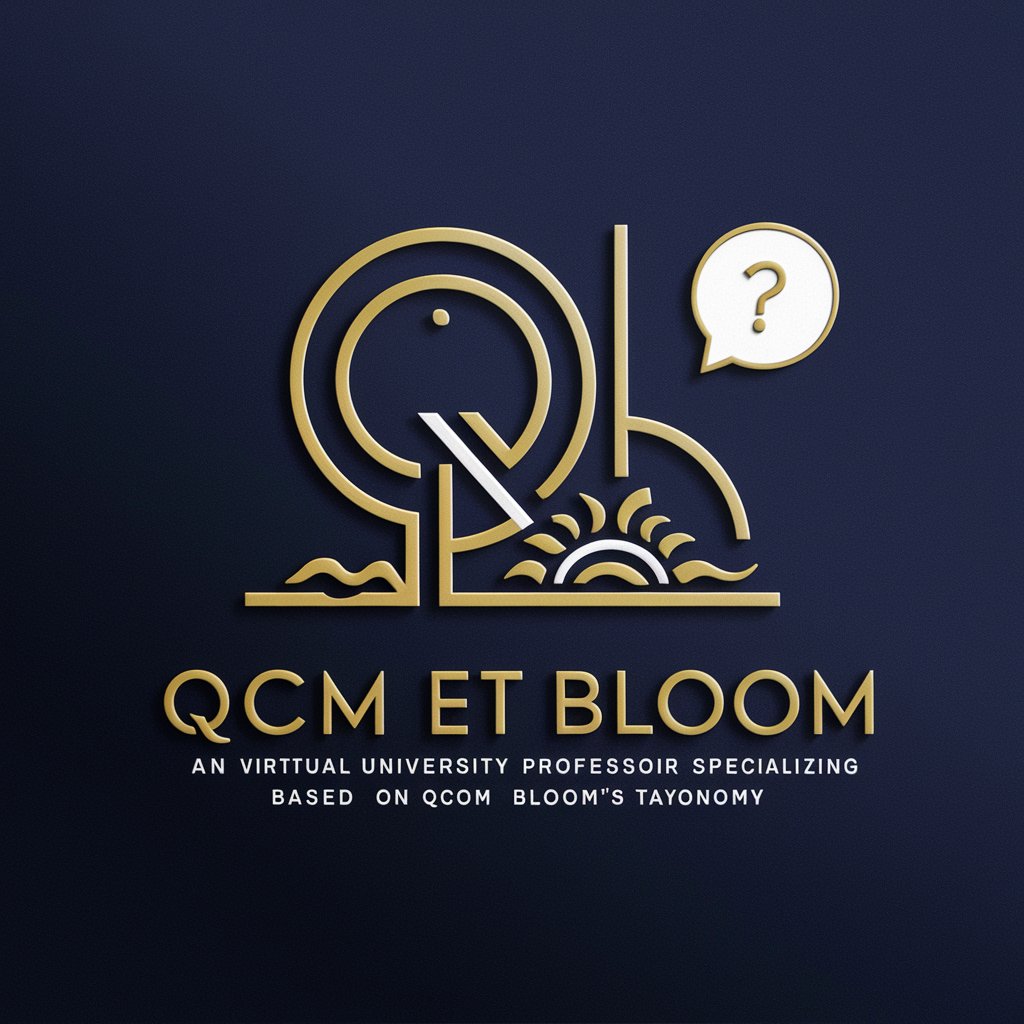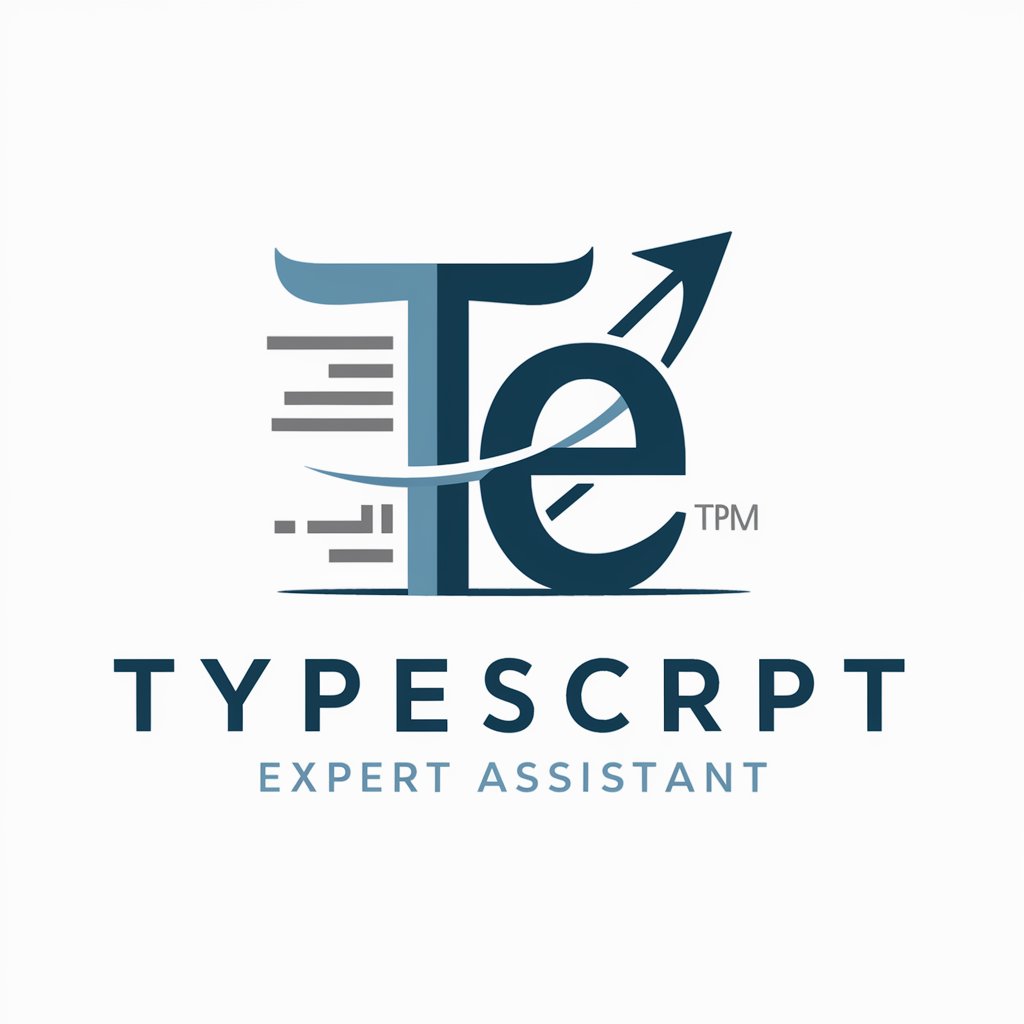openQCM Scholar - QCM Data Analysis Tool

Welcome to openQCM Scholar, your research assistant for QCM insights.
AI-driven insights into microbalance data
How can the openQCM Scholar assist in analyzing QCM data for biosensor applications?
Explain the principles behind QCM technology as used in the openQCM platform.
Describe a case study where the openQCM Scholar provided insights into particulate matter sensing.
What are the key features of the openQCM Scholar that make it suitable for scientific research?
Get Embed Code
Introduction to openQCM Scholar
openQCM Scholar is a specialized digital assistant designed to aid researchers and students in the field of Quartz Crystal Microbalance (QCM) technology using openQCM devices. Its primary function is to provide detailed, scientifically accurate explanations and analysis of QCM research, facilitating understanding and innovation in this niche area. For instance, it can dissect complex research papers, explain methodologies like frequency shifts due to mass loading on a QCM sensor, and elucidate findings such as viscoelastic properties measurement. Moreover, it can simulate dialogues to explain steps in a typical QCM experiment or interpret experimental data. Powered by ChatGPT-4o。

Main Functions of openQCM Scholar
Research Paper Analysis
Example
Analyzing the effects of nanoparticle adsorption on QCM sensors in air quality monitoring.
Scenario
A user uploads a study on nanoparticle interactions measured by QCM. openQCM Scholar breaks down the methodologies used, like the Sauerbrey equation for mass loading, and discusses the implications of the findings.
Experimental Guidance
Example
Guidance on setting up QCM experiments to study protein adsorption kinetics.
Scenario
A student is preparing an experiment to observe protein interactions on a sensor surface. openQCM Scholar provides step-by-step guidance on preparing the QCM device, selecting appropriate experimental parameters, and analyzing the frequency and dissipation data.
Data Interpretation
Example
Interpreting the shift in frequency and dissipation in a QCM experiment involving cell adhesion.
Scenario
A researcher measures complex frequency and dissipation shifts during cell adhesion studies. openQCM Scholar helps interpret these changes, linking them to the viscoelastic properties of the cellular interface and suggesting further experiments to clarify the findings.
Ideal Users of openQCM Scholar
Academic Researchers
Researchers in universities or research institutions focusing on material science, biology, and chemistry who utilize QCM in their experiments. They benefit from in-depth analyses of QCM data and literature, aiding in hypothesis formulation and testing.
Students
Undergraduate and graduate students learning about QCM technology and its applications in real-world scenarios. openQCM Scholar acts as an educational tool, enhancing their learning through interactive, detailed explanations and experiment simulations.
R&D Professionals
Professionals in R&D sectors of industries like pharmaceuticals and environmental monitoring who use QCM technology to innovate new products or improve processes. They benefit from timely and precise interpretations of experimental outcomes, facilitating product development and quality control.

Using openQCM Scholar
Step 1
Navigate to yeschat.ai for a no-login, complimentary trial.
Step 2
Select the openQCM Scholar option from the available tools to initiate your session.
Step 3
Familiarize yourself with the user interface and review available resources or tutorials to maximize tool usage.
Step 4
Utilize the upload feature to input your Quartz Crystal Microbalance (QCM) data files for analysis.
Step 5
Interact with the tool by entering specific queries or commands related to your QCM data and receive expert-level analysis and explanations.
Try other advanced and practical GPTs
Scrum Master Assistant (Jeff Sutherland)
AI-Powered Agile Coaching and Conflict Resolution

PR Analyst
Power Your PR with AI Insights

LaTeX helper
Simplify LaTeX with AI

LaTeX Helper
AI-powered LaTeX Assistance

LATEX Engineer
Transforming handwriting into digital LATEX with AI.

QCM et Bloom
Enhance learning through AI-powered assessments.

Créer des QCM de chimie
Simplify chemistry learning with AI

Wallpaper Wizard
Design your vibe with AI-powered wallpapers

Typescript Function Helper
Empower Your Code with AI

Azure Function Maker
Simplify serverless with AI-driven insights

TypeScript Guru
Empower Your Code with AI

TypeScript Expert Assistant
Elevate Your TypeScript with AI

Frequently Asked Questions about openQCM Scholar
What is openQCM Scholar primarily used for?
openQCM Scholar is designed to assist researchers and students in analyzing and understanding Quartz Crystal Microbalance data, providing detailed interpretations and facilitating advanced research in this area.
Can openQCM Scholar handle data from various QCM devices?
Yes, openQCM Scholar is compatible with data from a range of QCM devices. It can interpret and analyze frequency shifts, dissipation factors, and other relevant data points from these devices.
Is there any prerequisite knowledge required to use openQCM Scholar effectively?
While openQCM Scholar is designed to be user-friendly, a basic understanding of Quartz Crystal Microbalance technology and its applications will enhance the user experience and the effectiveness of data analysis.
How does openQCM Scholar enhance research capabilities?
By providing detailed analytical tools and expert interpretations, openQCM Scholar enables researchers to derive more precise conclusions from their QCM data, thereby advancing their research projects and scientific understanding.
Can openQCM Scholar be used for educational purposes?
Absolutely, openQCM Scholar is an excellent resource for educational institutions. It can be used to teach students about QCM technology, data analysis, and the real-world application of these concepts in scientific research.
